If your skincare routine feels like a part-time job, you’re doing it wrong.

Let’s be real—skincare is starting to feel like a full-blown hobby nobody asked for. Between ten-step routines, viral trends, and a new “must-have” product every week, it’s no wonder your bathroom looks like a mini Sephora. But here’s the thing: your skin doesn’t actually need that much. In fact, all that layering, scrubbing, and experimenting might be doing more harm than good.
The truth is, great skincare isn’t about having a shelf full of products—it’s about doing a few simple things really, really well. When you focus on what actually matters, you’ll not only save time and money, but your skin will probably look better, too. No more second-guessing every little thing or wondering if you need that $150 essence. It’s time to cut through the noise and get back to what your skin actually wants.
1. Cleansing properly is way more important than cleansing often.
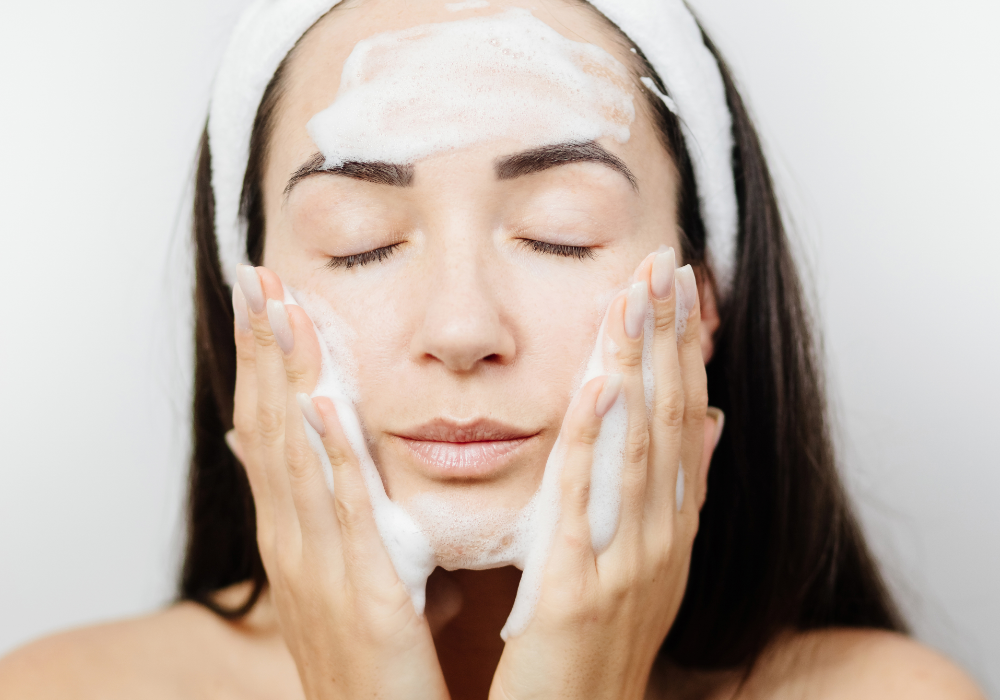
Washing your face five times a day isn’t doing you any favors. What matters way more is how you’re cleansing, not how often. A gentle cleanser that removes grime, sunscreen, and makeup without stripping your natural oils is the goal. If your skin feels tight and squeaky after washing, you’ve gone too far.
According to Beth Krietsch for Byrdie, overcleansing can disrupt your skin’s pH balance and natural oil production, leading to dryness, irritation, and inflammation. Think of cleansing like brushing your teeth: twice a day is perfect, and technique matters way more than enthusiasm.
Massage your cleanser in gently, rinse thoroughly, and skip the temptation to scrub like you’re washing dishes. Your skin isn’t dirty—it just needs a little help keeping up with daily buildup. Stick to lukewarm water instead of steaming hot, and pat your face dry instead of rubbing it. If you get this step right, everything else you apply afterward has a much better chance of doing its job.
2. Moisturizing isn’t optional, even if you have oily skin.
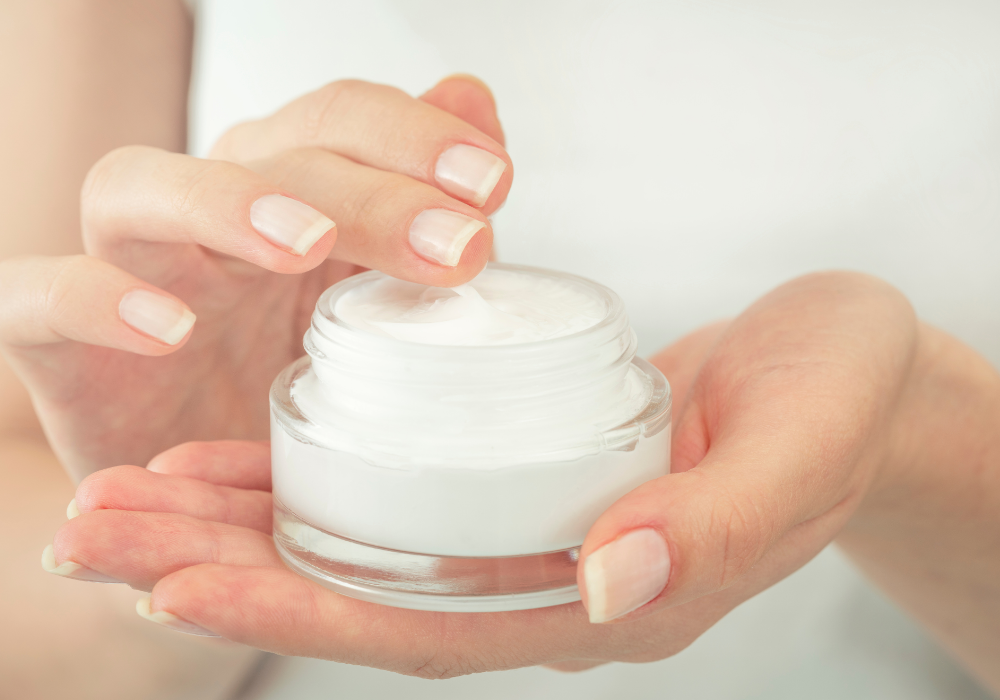
It’s tempting to think oily skin means you can skip moisturizer, but that’s actually one of the worst moves you can make. When your skin feels dry or stripped, it often overproduces oil to make up for it. That means you end up shinier and more breakout-prone, not healthier. Per board-certified dermatologist Dr. Mansha Thacker, quoted by USA Today, people with oily skin still need moisturizer to maintain balance and prevent the overproduction of oil.
Look for lightweight, non-comedogenic moisturizers with ingredients like hyaluronic acid, glycerin, or squalane. These will hydrate your skin without clogging pores or feeling heavy. Slathering on a little moisture every morning and night can seriously upgrade your skin’s overall vibe. A consistent routine with the right moisturizer helps keep your barrier strong, making your skin more resilient to whatever else life (and TikTok trends) throws at it.
3. Sunscreen is non-negotiable if you actually care about your skin.
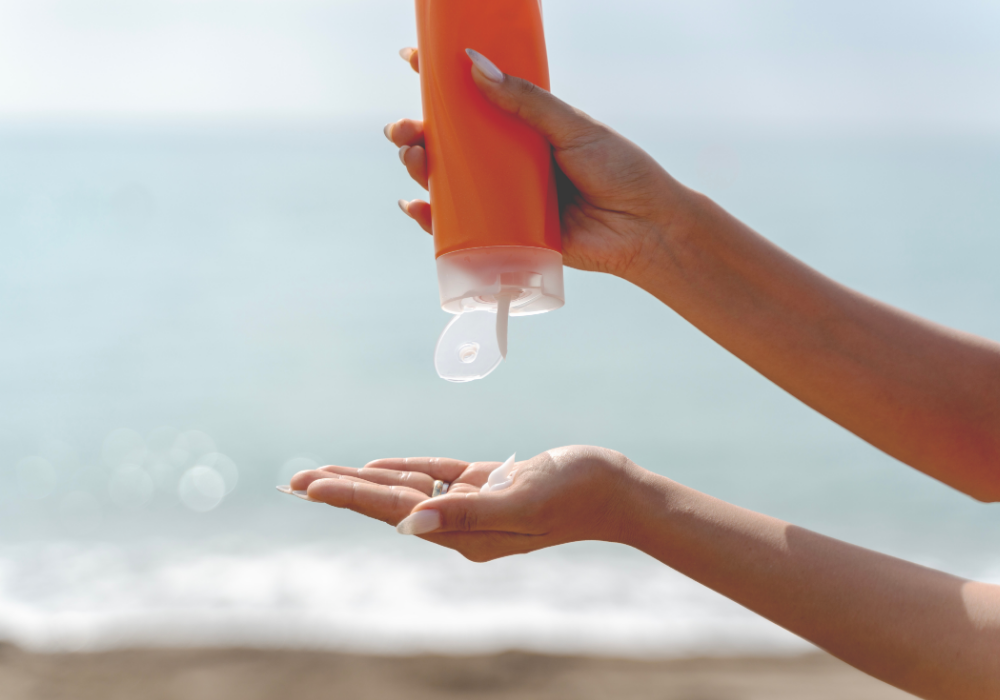
If you’re not wearing sunscreen daily, everything else you’re doing is basically getting sabotaged. Sun damage builds up over time, whether you can see it happening or not. It leads to wrinkles, dark spots, sagging, and even skin cancer. A study by experts at the American Academy of Dermatology found that, using a broad-spectrum sunscreen with at least SPF 30 daily helps protect your skin from sunburn, early skin aging, and skin cancer.
Find a formula you actually like using, because if it feels heavy or chalky, you’ll find excuses to skip it. Whether you go for mineral, chemical, gel, or cream formulas doesn’t matter—what matters is that it’s on your face consistently. Sunscreen is the ultimate insurance policy for everything else you’re trying to accomplish with skincare. Without it, your serums, peels, and expensive creams are basically fighting a losing battle.
4. Over-exfoliating is wrecking your skin more than helping it.

Scrubbing your face within an inch of its life is not going to make you glow—it’s going to make you miserable. Exfoliation is supposed to be a gentle nudge, not a full-blown attack. When you overdo it with gritty scrubs, strong acids, or frequent peels, you end up weakening the skin’s natural barrier. That leads to redness, sensitivity, breakouts, and ironically, a duller complexion instead of a brighter one.
Think of exfoliation like seasoning food—a little bit makes everything better, but too much ruins it. Chemical exfoliants like AHAs or BHAs are usually easier on the skin than physical scrubs, but even those need moderation. Two to three times a week is enough for most people. If your skin starts feeling raw, burning, or super flaky, it’s a flashing red light to back off immediately.
5. Expensive products aren’t automatically better products.
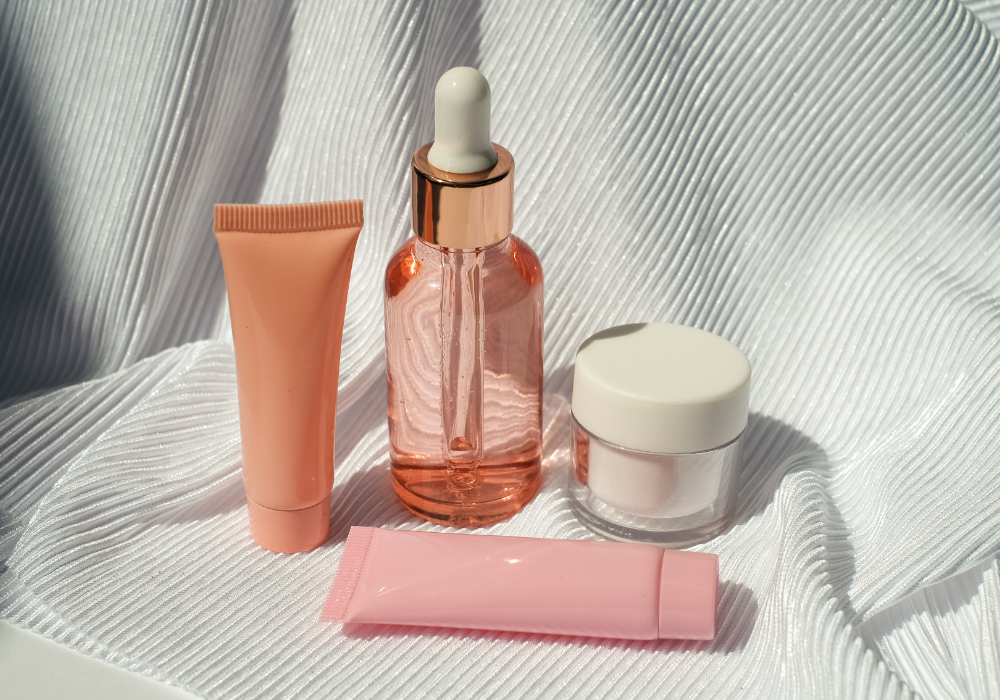
It’s easy to believe that a $250 jar of cream must be life-changing, but most of the time, you’re just paying for marketing and fancy packaging. The truth is, many high-end products use the exact same active ingredients you can find in a $15 drugstore version. Your skin doesn’t know the price tag—it only reacts to the ingredients inside.
Instead of blowing your budget chasing prestige brands, get smart about what your skin actually needs. Basic but effective products—a gentle cleanser, a reliable moisturizer, and a solid sunscreen—are where you’ll see the biggest payoff. Save your splurges for something you genuinely love, not something you feel pressured into buying because it looks pretty on a bathroom shelf. Your skin will thank you, and so will your wallet.
6. Consistency will always beat chasing new trends.
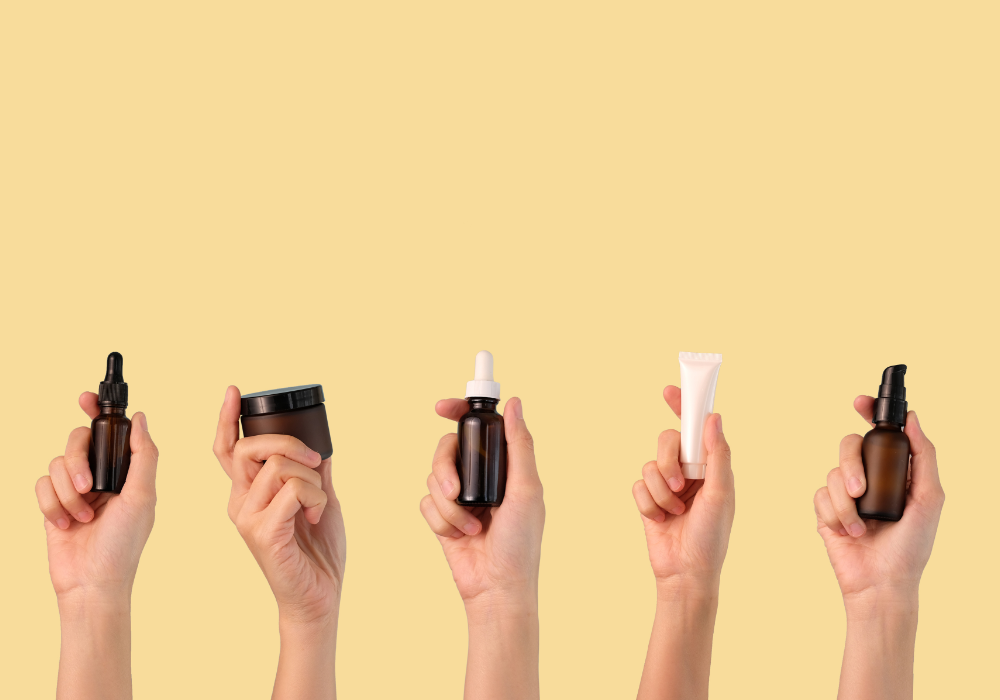
Jumping from one trendy product to the next is exhausting for you and confusing for your skin. Your skin craves routine, not constant change. Every time you introduce a new active ingredient or a different formula, your skin has to readjust. That constant shake-up often leads to random breakouts, irritation, and results that seem to go backward instead of forward.
The real glow-up happens when you pick a few things that work and stay loyal. It can take weeks, sometimes even months, for real improvements to show. Skincare is more like growing a plant than flipping a light switch. If you keep uprooting your routine every time a new “miracle” product drops, your skin never gets the chance to fully thrive. Slow, steady progress beats trend-hopping every single time.
7. Your skin barrier is your MVP, and you need to protect it.

Your skin barrier is the thin, invisible shield that keeps moisture in and irritants out. When it’s strong, your skin looks healthy, smooth, and calm. When it’s damaged, everything goes sideways—redness, flaking, sensitivity, and breakouts start showing up fast. A lot of stubborn skin problems are actually the result of a barrier that’s been worn down.
Protecting your barrier means treating your skin with some respect. Stay away from harsh cleansers, stop over-exfoliating, and don’t pile too many aggressive treatments on top of each other. Think of your barrier like a wall that protects a city—it needs reinforcement, not constant battering. Products with ingredients like ceramides and fatty acids can help, but honestly, preventing damage in the first place is way easier than fixing it later.
8. Actives like retinol and vitamin C are powerful—but only if you use them right.
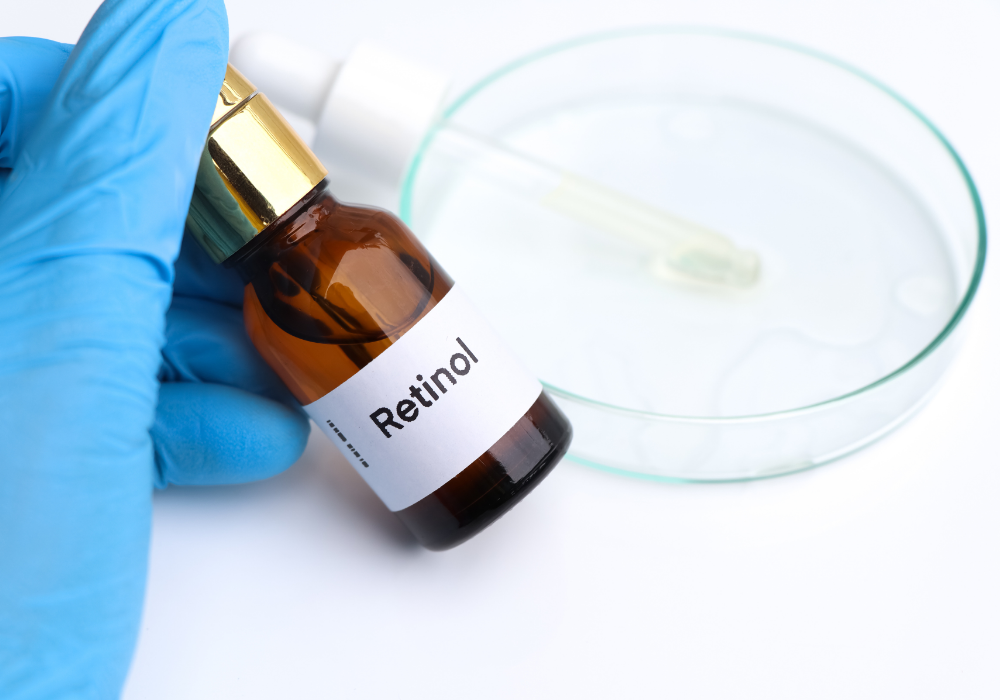
Retinol and vitamin C deserve the hype because they can do serious work for your skin. They can help with wrinkles, dark spots, dullness, and even overall texture. But if you start slathering them on without a plan, your skin is going to react badly. Irritation, peeling, redness—none of that happens because these ingredients are bad. It happens because you jumped in too fast.
Start slow. With retinol, use it a couple of nights a week and build up slowly. With vitamin C, aim for a stable formulation and give it time to work. These ingredients also don’t always play nicely with everything else, so keeping your routine simple is key. Always follow strong actives with a solid moisturizer and sunscreen. Smart, slow, and steady will get you results without the suffering.
9. Your diet and stress levels show up on your face.
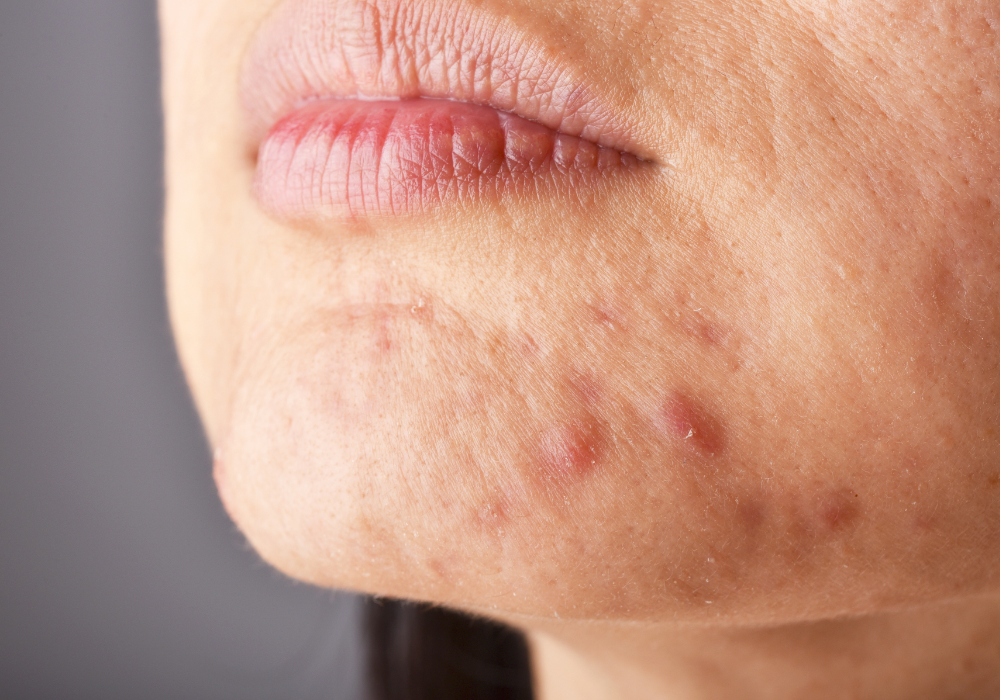
No product can fully undo the effects of what’s happening inside your body. If you are always stressed, dehydrated, sleep-deprived, or living on takeout, it is going to show up on your skin. Hormonal shifts from stress can trigger breakouts, redness, or dullness, even if you’re doing everything else right on the outside.
You don’t need to be perfect to help your skin out. Drinking enough water, getting actual rest, managing your stress (with real breaks, not just scrolling on your phone), and eating some real food can make a visible difference. Healthy skin needs support from the inside just as much as it needs care on the surface. Skincare products work better when your body is not constantly fighting an uphill battle.
10. Minimalism is the real skincare flex.

If you want to do your future self a favor, simplify your skincare routine. Cleanser, moisturizer, and sunscreen cover most of what your skin actually needs. Everything else is bonus. Adding more products does not automatically mean better skin. In fact, more often than not, it leads to irritation, confusion, and wasted money.
Minimalism gives your skin a chance to reset and breathe. It also saves you the daily stress of standing in front of your mirror wondering which of your fifteen serums you are supposed to use next. A simple, consistent routine will beat a complicated, chaotic one every single time. Plus, your bank account and bathroom counter will both thank you.
11. Listening to your own skin matters more than any influencer advice.

No influencer, no matter how famous, knows your skin better than you do. Your skin’s needs can change from day to day depending on things like the weather, your hormones, your stress levels, and even what you had for dinner. Blindly copying someone else’s routine often leads to frustration because your skin simply isn’t the same.
The smartest thing you can do is learn to pay attention to your own skin’s signals. If your face feels dry, add moisture. If it feels angry and red, scale back. If you are suddenly breaking out, maybe you need to simplify instead of adding more products. Skincare should feel like teamwork between you and your skin—not a battle where you are constantly guessing and hoping something sticks.
